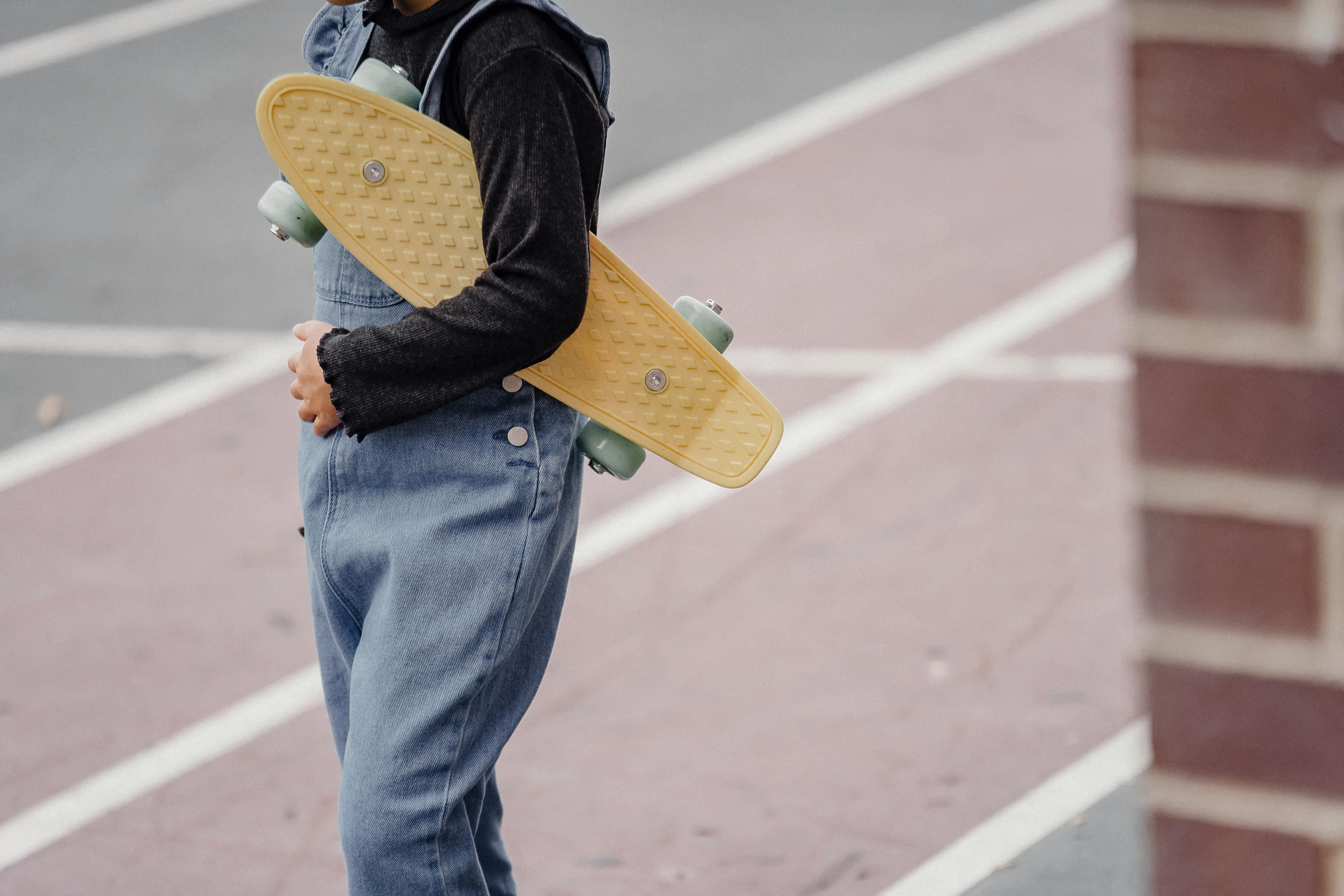
Mott The ‘Mott’ of Hoople (1973)
admin
- 0
A struggling English band, ‘Mott The Hoople’ found themselves on the brink of a breakup in 1972. Fantastic gigs aside, the band found themselves penniless and worthless in private, despite a legion of fans that included to Mick Jones, Noel Gallagher and future members. by REM One of the band’s fans, a rising star named David Bowie, raised his artistic stature with a cover of his outtake of ‘Ziggy Stardust’ ‘All The Young Dudes’, a much-needed UK #3 hit. United. Enough spirited, the band entered their sixth album with guaranteed optimism. However, these sessions were largely dictated by frontman Ian Hunter, which caused enough harshness within the band’s ranks. Keyboardist Verder Allen quit during the pre-production stage of ‘Mott, guitarist Mick Ralphs left just a few months after the album’s release. Though they were replaced (by Morgan Fisher and the auspicious Ariel Bender, respectively), Hunter discovered just how irreplaceable they were, prompting ‘Mott the Hoople’ to disband in 1975, an entire 2009 reunion that revived how timeless their work was (ultimately shortened). .
And none better than this work, one of the best glam rock albums, and one of the most underrated albums of the seventies. At thirty-four, Hunter was at the height of vocal finesse, blending the elegiac roar of Bob Dylan with the unflappable rockabilly of Marc Bolan; quintessential glam rock singer. Amalgamated by Ralph’s sizzling guitar lines (sometimes as melodic as George Harrison, other times as punchy as Tony Iommi), Hunter’s voice proved as tactile as rock needed it to be.
His songs proved that he was as capable a hit writer as David Bowie had been. Opening track ‘All The Way From Memphis’ proved to be a much more worthwhile song than ‘Dudes’, complete with saxophone playing from Roxy Music’s Andy McKay, giving the song a coda not heard since The Beatles ‘n-na-na’ broke through. four moments from ‘Hey Jude’. The 1950s stomper ‘Honaloochie Boogie’ featured the rhythm and bop of a Memphis track, albeit with flashes of Noel Coward wit attached to it. ‘Whizz Kid’ screamed like a ’70s equivalent to ‘The Velvet Underground’. ‘Drivin’ Sister’ proved that songs about vehicles could be popular, five years before Gary Numan released ‘Cars’.
Ralphs guitar playing is here in the center. Though he would feel sidelined as a supporting guitarist (he eventually left to form the riff-heavy ‘Bad Company’ with Paul Rodgers), his playing ranges from the Spanish fret on his own self-penned ‘I’m A Cadillac’ to the Richie. Blackmore’s chord play on ‘Violence’ to the smooth, independent playing of ‘Memphis’, a style David Gilmour would have given two thumbs up to. Hunter later admitted that he tried to stop Ralphs from leaving by offering half of his royalties. It proved useless, though ‘Mott’ would be one of two albums (the other being Bad Company’s self-titled debut) that showcased his skill as one of the greatest rock guitarists of the ’70s. Brian May himself was a fan!
But it’s Hunter’s closing ‘I Wish I Was Your Mother’ that elevates the ’70s album into a ’70s classic. Where much of 1973 sounded ostentatious (this was the year of ‘Dark Side of The Moon’), ‘Mother’ was a sumptuous acoustic ballad that was meant to be a love letter to the legions of fans who had supported Mott throughout. Over the years that led to this indelible times. The only track without an electric instrument (save for Overend Watts’ melodic bass), the song returns the band to their Guthrie roots, with the delicate harmonica playing intact. When fans blew up at the ballad in 2009, it turned out to be Mott’s ‘A Day In The Life,’ ‘You Can’t Always Get What You Want,’ or Mott’s ‘When The Levee Breaks,’ a final song that turned fans interpreters. into living legends and his album into something bigger than what you normally hear on the radio.

